Publications
Articles, publications, books, tools and multimedia features from the U.S. Institute of Peace provide the latest news, analysis, research findings, practitioner guides and reports, all related to the conflict zones and issues that are at the center of the Institute’s work to prevent and reduce violent conflict.
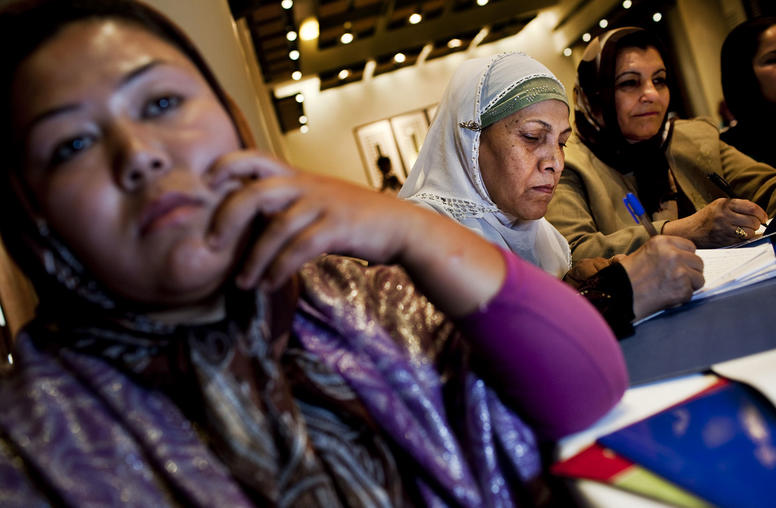
Amid Peace Talks, Afghan Women’s Rights Hang in the Balance
Three Afghan women journalists and a medical doctor in the eastern city of Jalalabad were shot dead last week, part of a wave of killings—perpetrated by both ISIS and the Taliban—targeting rights activists, judges and journalists. The soaring violence in Afghanistan illustrates the stakes for Afghan women and civil society as the Afghan government and Taliban negotiate in Doha and the Biden administration considers its Afghanistan policy.
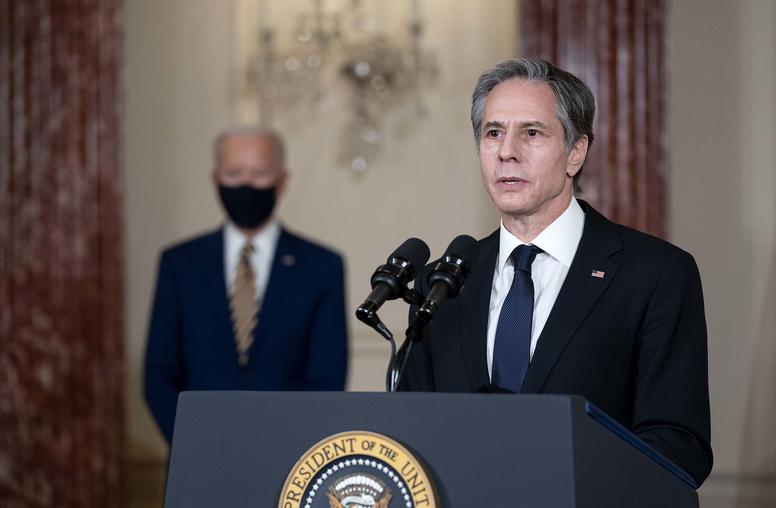
Can Blinken’s Letter Jump-start the Afghan Peace Process?
With intra-Afghan talks gridlocked and the U.S. troop withdrawal deadline looming, Secretary of State Antony Blinken proposed new plans to advance the peace process in a letter to Afghan President Ashraf Ghani. The letter recommends several efforts to “move matters more fundamentally and quickly” toward peace, including a U.N.-convened conference of key regional actors, a senior-level meeting between the Afghan government and the Taliban hosted by Turkey and a 90-day reduction in violence to head off the Taliban’s annual spring offensive. Blinken also recommended an interim power-sharing government composed of Taliban and other Afghan leaders.

New Evidence: To Build Peace, Include Women from the Start
In the 20 years since governments declared it imperative to include women’s groups and their demands in peace processes, experience and research continue to show that this principle strengthens peace agreements and helps prevent wars from re-igniting. Yet our inclusion of women has been incomplete and, in some ways, poorly informed. Now a study of recent peace processes in Colombia, Mali, Afghanistan and Myanmar offers new guidance on how to shape women’s roles. A critical lesson is that we must ensure this inclusion from the start.
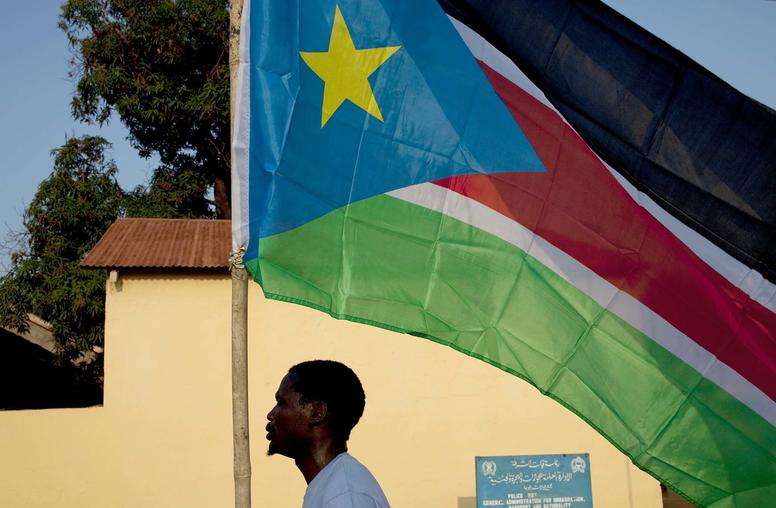
The South Sudan Peace Process Archive: A Window into Mediation
As part of its commitment to learning from peace processes, the U.S. Institute of Peace is pleased to launch the South Sudan Peace Process Archive, which aims to provide South Sudanese citizens, mediators, policymakers, academics and other interested readers a window into the 2013-2015 negotiations that attempted to end the conflict that began in South Sudan in late 2013. Documents for this archive were first assembled and organized in 2016. Now, archive curators and former peace process advisers Zach Vertin and Aly Verjee discuss their motivations for assembling and organizing the documents and what they hope the archive can contribute to future peace processes.
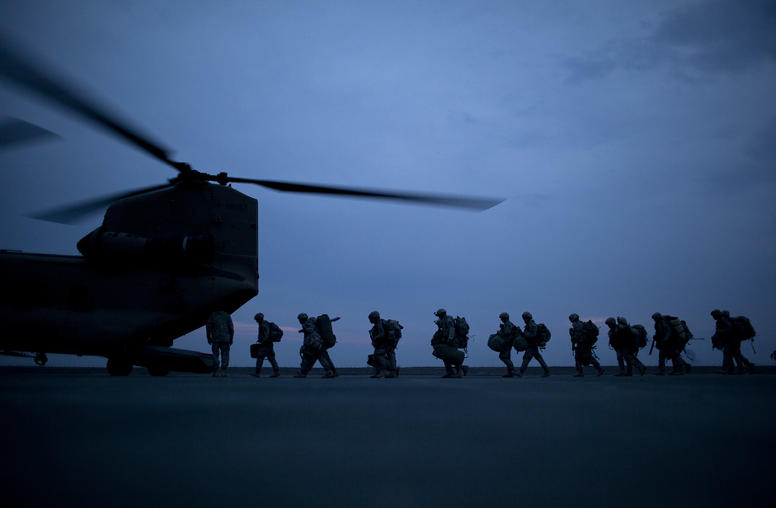
U.S. Withdrawal from Afghanistan: End to an Endless War?
President Joe Biden formally announced on Wednesday that the United States will withdraw troops from Afghanistan by September 11 of this year, the 20th anniversary of the al-Qaida attacks that led to the U.S. overthrow of the Taliban. The decision comes a month after U.S. Secretary of State Antony Blinken looked to jump-start the moribund intra-Afghan peace talks in Doha, Qatar with a sweeping set of proposals. Although the withdrawal would mean an end to America’s longest war, the implications for Afghanistan’s hard-won progress are immense and many fear the possibility of a rejuvenated civil war after U.S. troops leave.
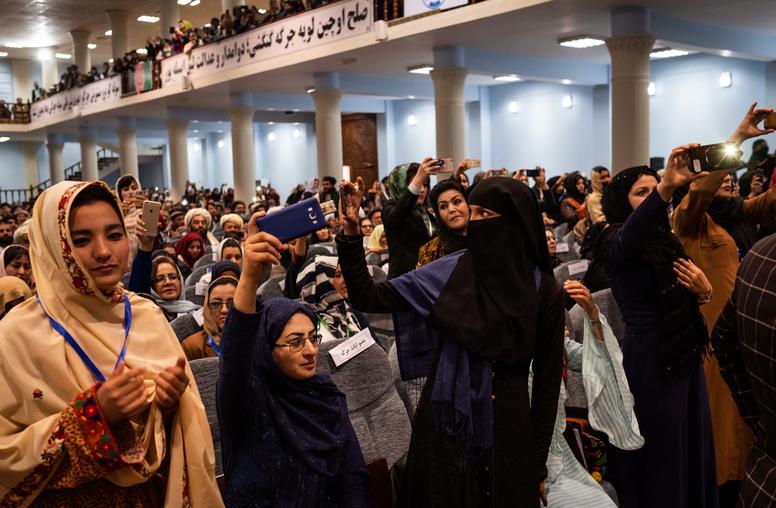
Democracy Is the Afghan Government’s Best Defense Against the Taliban
The Biden administration’s announcement last week that U.S. troops would be out of Afghanistan by September 11 came as a blow to the current peace talks and many Afghan citizens who appreciate the rights and freedoms that international forces have helped to defend against the Taliban. Still, President Biden made clear that the United States continues to support the Afghan government and democratic system, and, to that end, the administration has indicated it would request $300 million from Congress in additional civilian aid. But Biden explicitly de-linked U.S. troops from that equation — stating that they would not be “a bargaining chip between warring parties.”
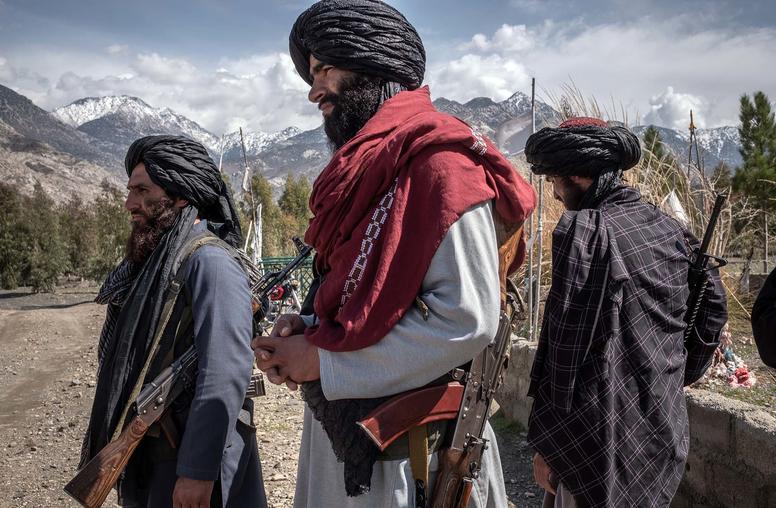
Even After Withdrawal, U.S. Retains Leverage Over Taliban
President Biden’s announcement that U.S. troops would withdraw by September 11 has many Afghans and observers warning of a quick collapse of the Afghan state and a new phase in the country’s civil war. Without minimizing the challenges ahead, the United States should avoid any self-fulfilling prophecy of imminent collapse by insisting that the only future for Afghanistan is one that advances the gains of the past 20 years. As troops begin to depart, it is an opportune time to examine three forms of leverage the United States has to promote a political settlement.
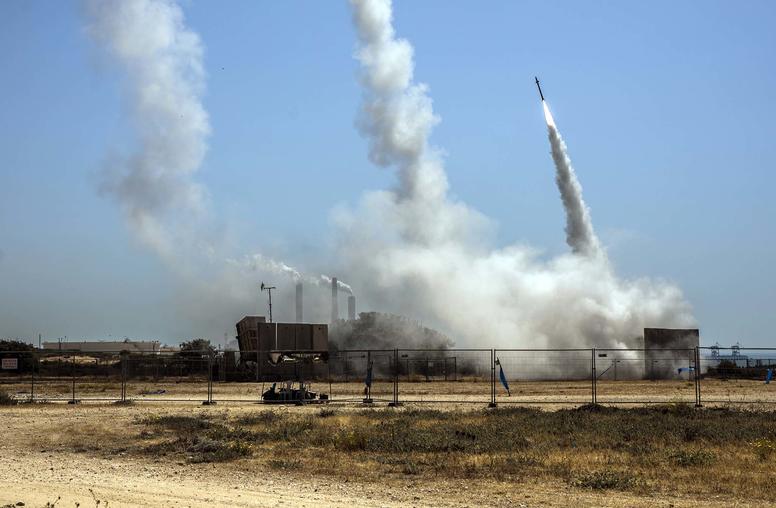
What Sparked the Latest Israeli-Palestinian Confrontations?
For weeks, tensions have been building between Israelis and Palestinians in Jerusalem, with a confluence of recent events and longer-term trends leading to the latest violence. Israeli restrictions around holy sites during Ramadan; increasingly intense protests and violence on both the Israeli and Palestinian sides, with each side blaming the other for initiating; and a court decision, now under higher court review, to remove Palestinian families from an East Jerusalem neighborhood preceded this latest round of conflict — the most violent since the 2014 Gaza war. More broadly though, sclerotic Israeli and Palestinian internal politics not only made this conflagration more likely, but also mean that finding a path to de-escalation will be more difficult.
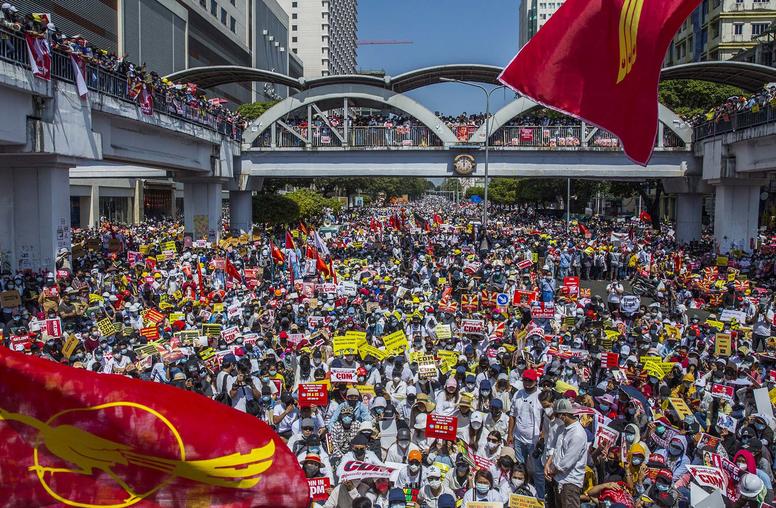
Four Takeaways on the Intersection of Nonviolent Action and Peace Processes
How can nonviolent action and peacebuilding work together? And how can they be brought together to promote positive long-term political change? Although mass nonviolent action movements are taking place at an increasingly rapid rate, they are succeeding in achieving their goals less frequently, and where initially peaceful demonstrations have been met by state violence from Myanmar to Colombia, better understanding these questions is crucial.
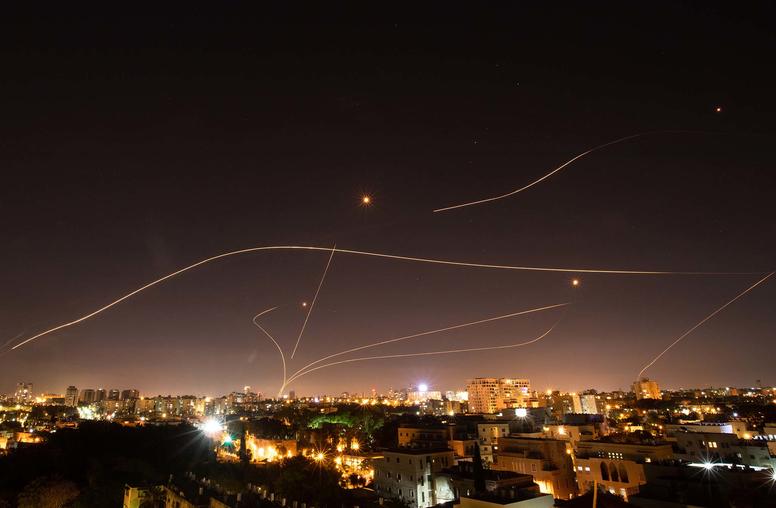
10 Steps Washington Can Take After the De-escalation of the War on Gaza
In a call with Israeli Prime Minister Benjamin Netanyahu yesterday, President Biden said he was supportive of a cease-fire amid the continued violence in Israel and the Palestinian territories. As ongoing Hamas rocket barrages and Israeli airstrikes add to the rising death toll, there are immediate, short-term measures needed to stave off more violence. But, a cessation of the current hostilities will not address the long-term issues that have prevented a resolution to the decades-long conflict. How can Washington break through the long-standing status quo that has stymied efforts to forge a peaceful settlement?